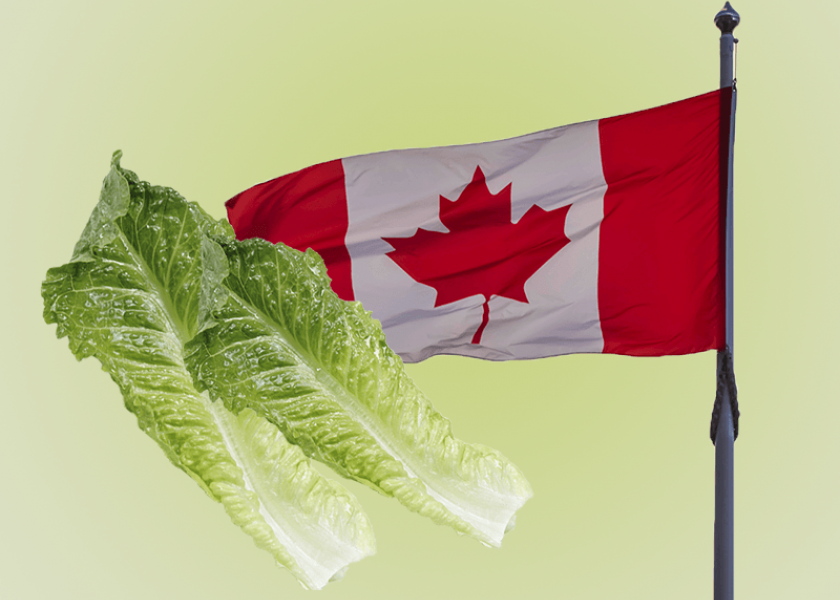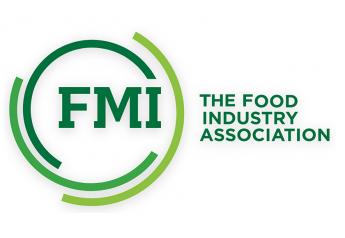Canada to start new rules on U.S. romaine imports Oct. 7

Effective Oct. 7, the Canadian Food Inspection Agency will require that romaine lettuce from California’s Salinas Valley be tested for E. coli.
The Canadian agency will now require importers to either prove that romaine is not from four counties in the Salinas Valley (Santa Cruz, Santa Clara, San Benito and Monterey), or provide an official certificate of analysis from an accredited laboratory confirming that the lettuce has below-detectable levels of E. coli, according to a news release.
Food safety investigations by Canadian and U.S. authorities identified Salinas Valley romaine as a recurring source of E. coli outbreaks from 2016-19, according to the release.
“To mitigate risk in the event of another outbreak this fall, the Canadian Food Inspection Agency (CFIA) is implementing temporary import measures aimed at preventing contaminated food from entering the marketplace,” according to the release.
The testing applies to romaine lettuce and mixed salads containing romaine, and will be required until Dec. 31.
The program is an addition to food safety measures in the Safe Food for Canadians regulations, according to the release.
The agency said more than 50,000 shipments of romaine lettuce or salad mixes containing romaine were imported into Canada from June 2019 to July 2020.
Some adjustments
U.S and Canadian industry leaders have said that the CFIA’s plan, in the form of a Sept. 28 draft import requirement document, caught them by surprise and could hurt the lettuce trade between the two countries.
Discussions between industry associations and Canadian food safety officials the week of Sept. 28 yielded some changes in the Oct. 2 final regulation compared with the Sept. 28 version.
There have been some clarifications and sampling provision changes made for E. coli O157:H7 testing, said Trevor Suslow, vice president of food safety for the Produce Marketing Association.
The document now specifies that romaine grown outside of the four California counties need only a declaration of origin, Suslow said.
Suslow said the final regulation also includes improvements in logistical and testing management, reducing redundant testing on a defined single lot if supported by a robust traceability system, Suslow said.
“For example, instead of testing each of four trailer loads hauling a related lot, only one test and one (certificate of analysis) would be required,” he said.
Product can be considered one sampling lot if the importer’s preventive control program includes a system for tracking all shipments that are associated with the certificate of analysis, he said.
“Documentation explaining which import shipments correspond to a single certification of analysis must be provided with the import request documentation,” Suslow said.
Industry associations are co-developing a Q&A on the new requirements, said Jennifer McEntire, senior vice president of food safety and technology for the United Fresh Produce Association.
“Although the CFIA has posted the requirements, we are hopeful that there is still an opportunity to work with CFIA to ensure that this program is feasible before it goes into effect next week,” she said in an Oct. 2 e-mail.
The Canadian Produce Marketing Association said in an email that the association hosted a web seminar Oct. 2 with industry members and CFIA representatives to provide clarity on the regulations.
"CPMA recognizes that there are still significant issues for many members along the supply chain. Current estimations place the anticipated loss to Canadian importers at a minimum of $11 million per week. CPMA will continue to work with both industry and Government to endeavour to mitigate this impact as much as possible; our goal is to avoid a similar situation as we all move forward."
Related articles
Surprise Canadian plan on romaine import requirements raises alarm
The Packer’s Food Safety Coverage







